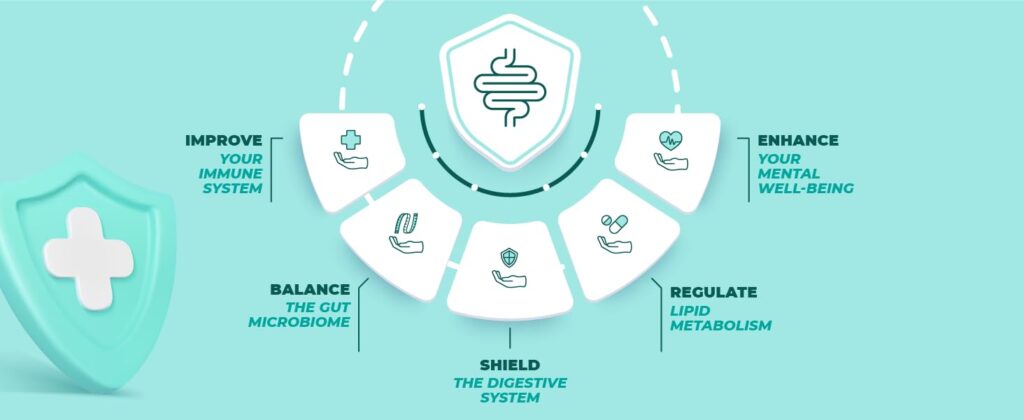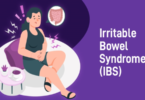Irritable Bowel Syndrome (IBS) affects an estimated 10–15% of Americans, yet many people suffer in silence or receive the wrong diagnosis. If you regularly experience abdominal pain, bloating, diarrhea, or constipation, you might be asking yourself: Do I have IBS?
In this article, we’ll help you understand the most common IBS symptoms, how doctors diagnose IBS, and why it’s important to rule out other digestive conditions before starting treatment.

What Is IBS?
IBS is a chronic gastrointestinal disorder that affects how the gut functions. It doesn’t cause visible damage to the intestines, but it can significantly impact your quality of life.
There are three main types of IBS:
- IBS-C (Constipation-predominant)
- IBS-D (Diarrhea-predominant)
- IBS-M (Mixed type – alternating diarrhea and constipation)
Common IBS Symptoms
While IBS symptoms vary from person to person, the most common signs include:
- Abdominal pain or cramping
- Bloating or excess gas
- Changes in bowel habits (diarrhea, constipation, or both)
- Mucus in stool
- A feeling of incomplete bowel movements
If you experience any of these symptoms for more than 3 months, it’s time to take a closer look.
How Is IBS Diagnosed?
There is no single test for IBS, which is why getting an accurate diagnosis can be challenging. Most doctors use a combination of patient history, symptom patterns, and exclusion of other conditions.

1. Rome IV Criteria
Doctors often use the Rome IV criteria, which define IBS as:
- Recurrent abdominal pain at least 1 day per week in the last 3 months
- Symptoms associated with defecation, changes in stool frequency, or stool form
2. Ruling Out Other Conditions
Before confirming IBS, your doctor may want to rule out:
- Celiac disease
- Inflammatory Bowel Disease (IBD)
- Lactose intolerance
- Parasitic infections
This can involve tests such as:
- Blood work
- Stool analysis
- Colonoscopy or endoscopy (if needed)
Why Getting the Right Diagnosis Matters
Misdiagnosis can lead to wrong treatments, persistent symptoms, and unnecessary stress. Since IBS shares symptoms with more serious conditions, like Crohn’s disease or ulcerative colitis, you need a comprehensive approach to rule out red flags such as:
- Unintentional weight loss
- Blood in the stool
- Persistent vomiting
- Fever
- Anemia
If you have any of these signs, talk to your doctor immediately.
What Should You Do Next?
If you suspect IBS, here’s how to take the next step:
- Track your symptoms: Use a journal or app to record what you eat and how you feel.
- Consult a GI specialist: A gastroenterologist can help guide testing and diagnosis.
- Get tested: Blood and stool tests can rule out other issues.
- Explore treatment options: Diet, stress management, probiotics, and medications can help.
Natural Support for IBS Symptoms

In addition to lifestyle changes, many people with IBS benefit from targeted probiotic therapy.
💡 Try GutShield – Liquid Spore Probiotic, a science-backed solution designed to:
- Balance gut microbiota
- Reduce bloating and gas
- Support long-term digestive health
Takeaway
If you think you might have IBS, don’t guess—get a proper diagnosis. With the right information and support, you can take back control of your gut and your life.










